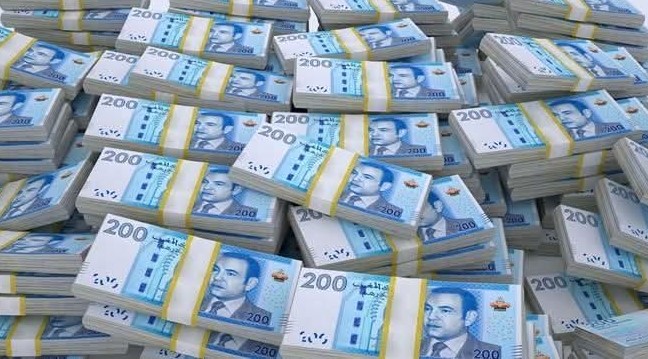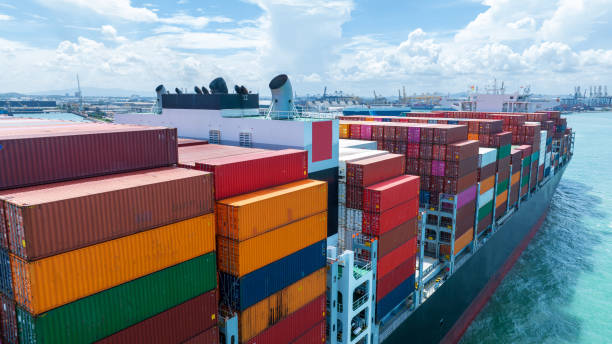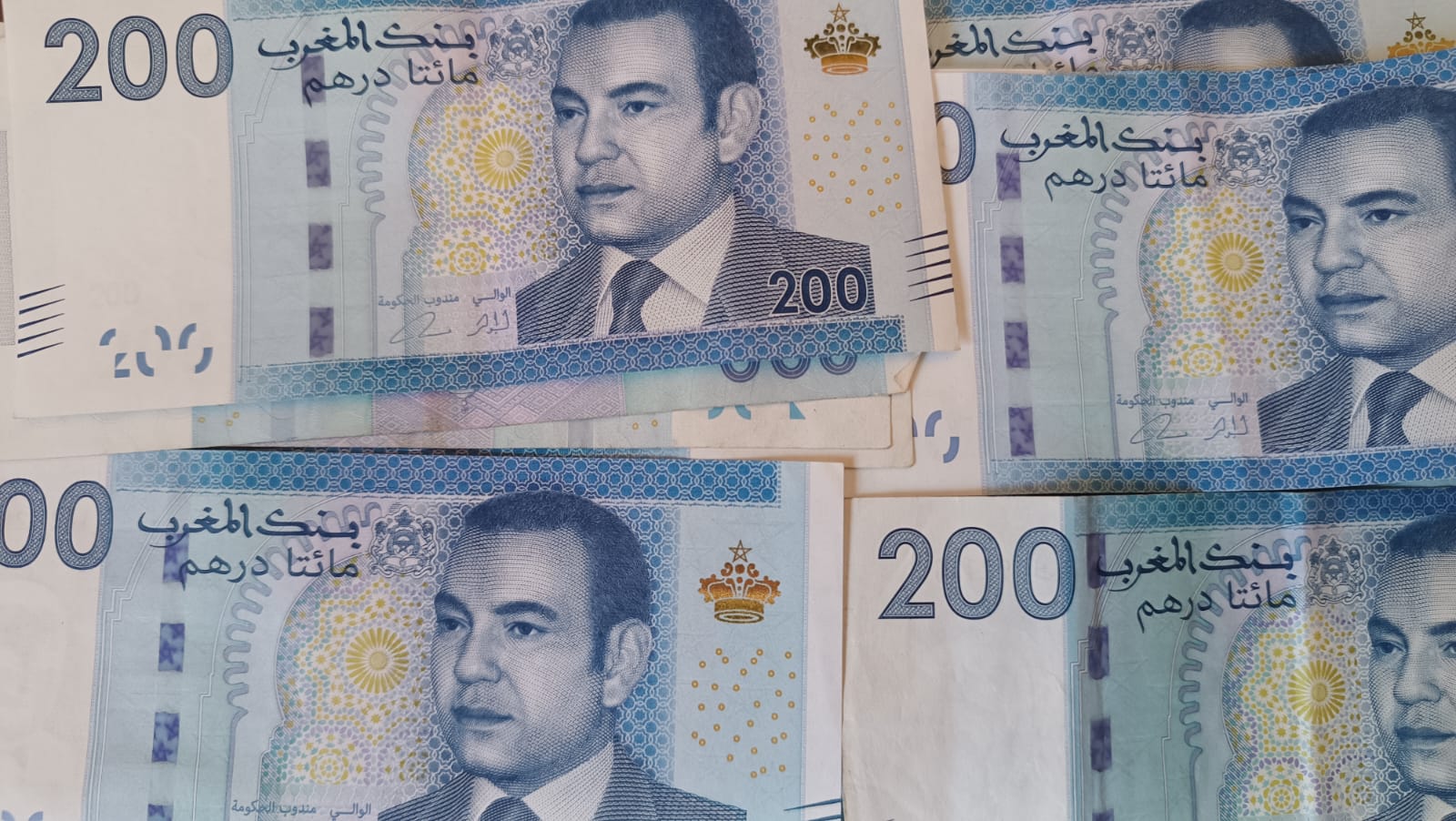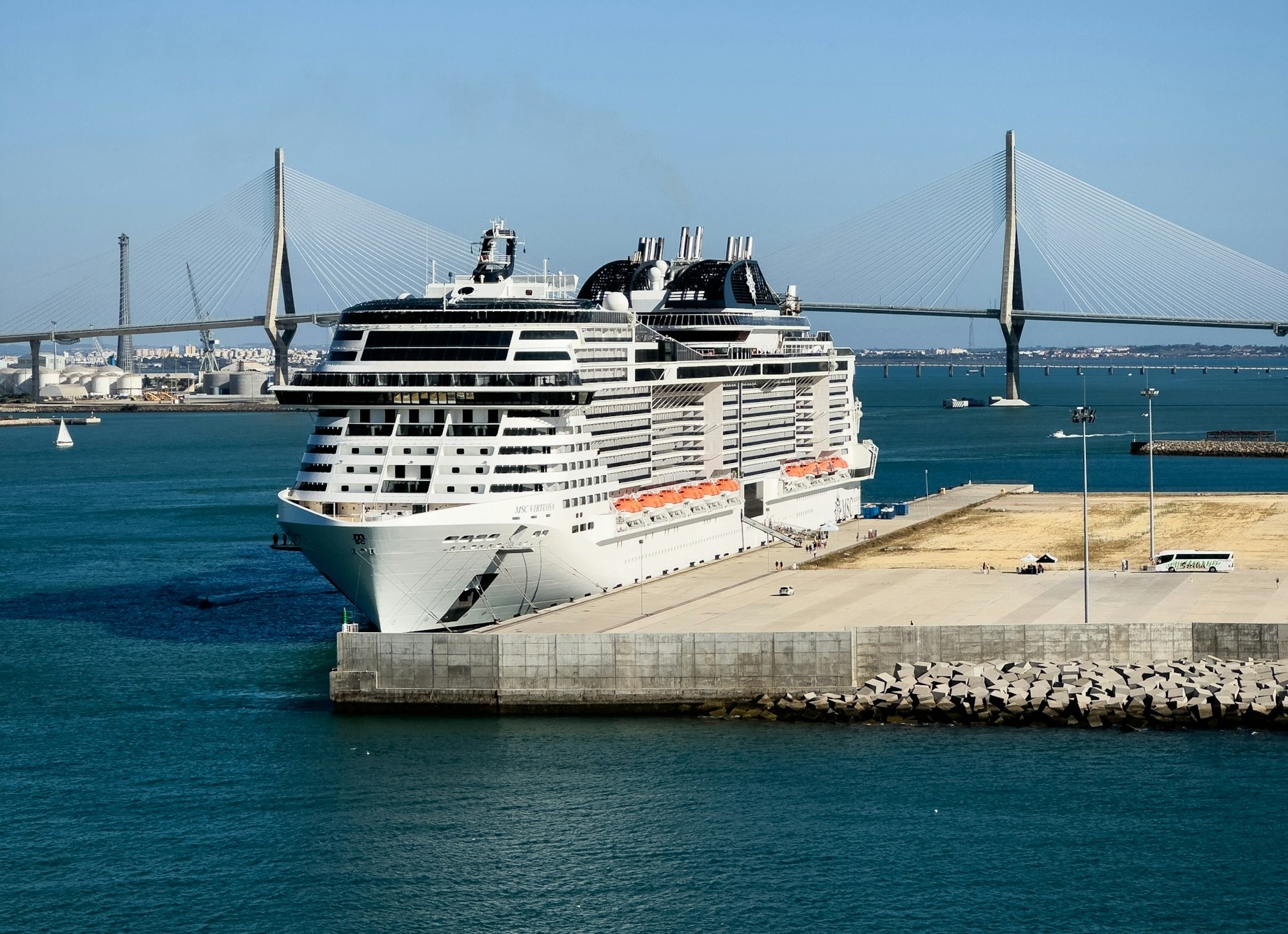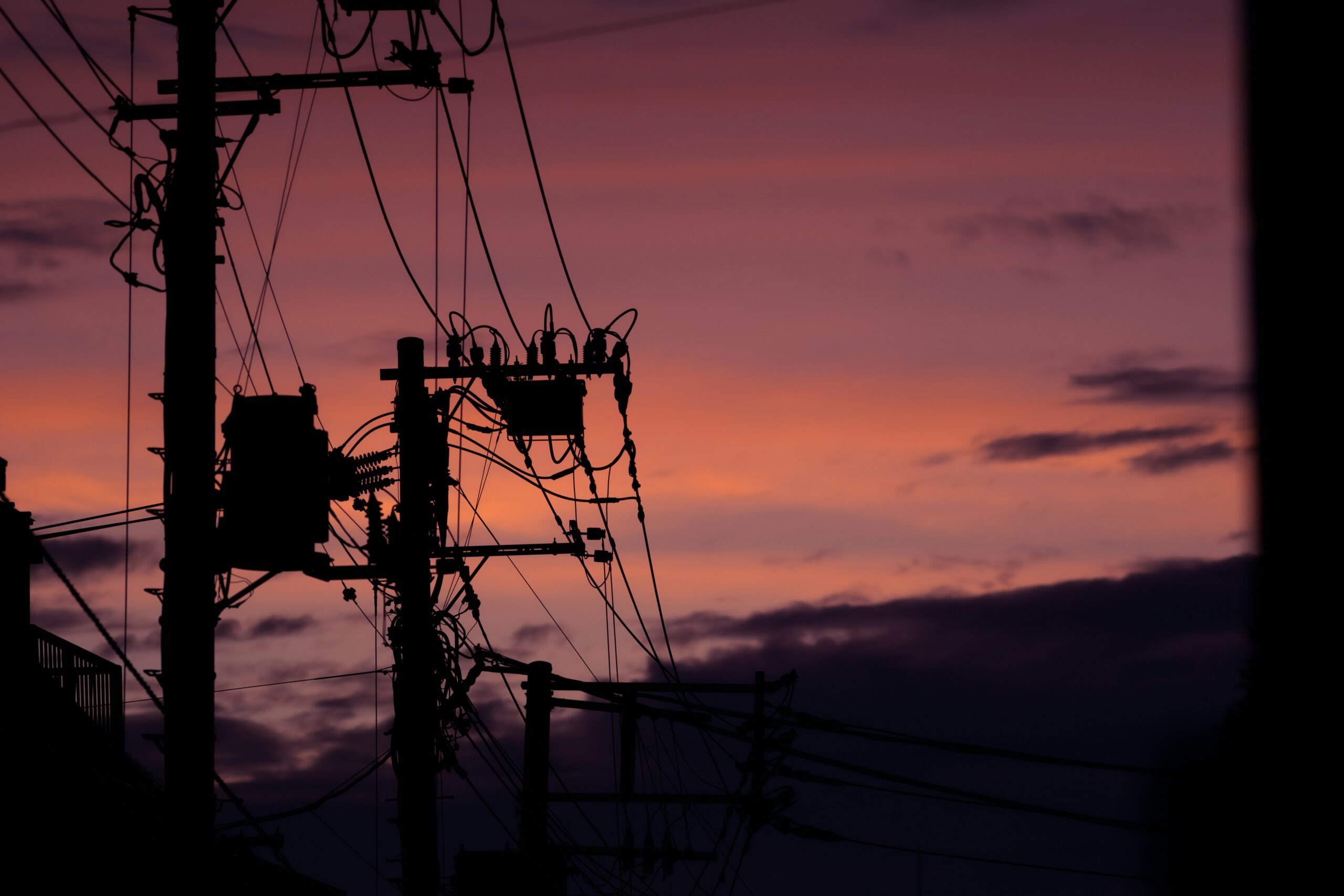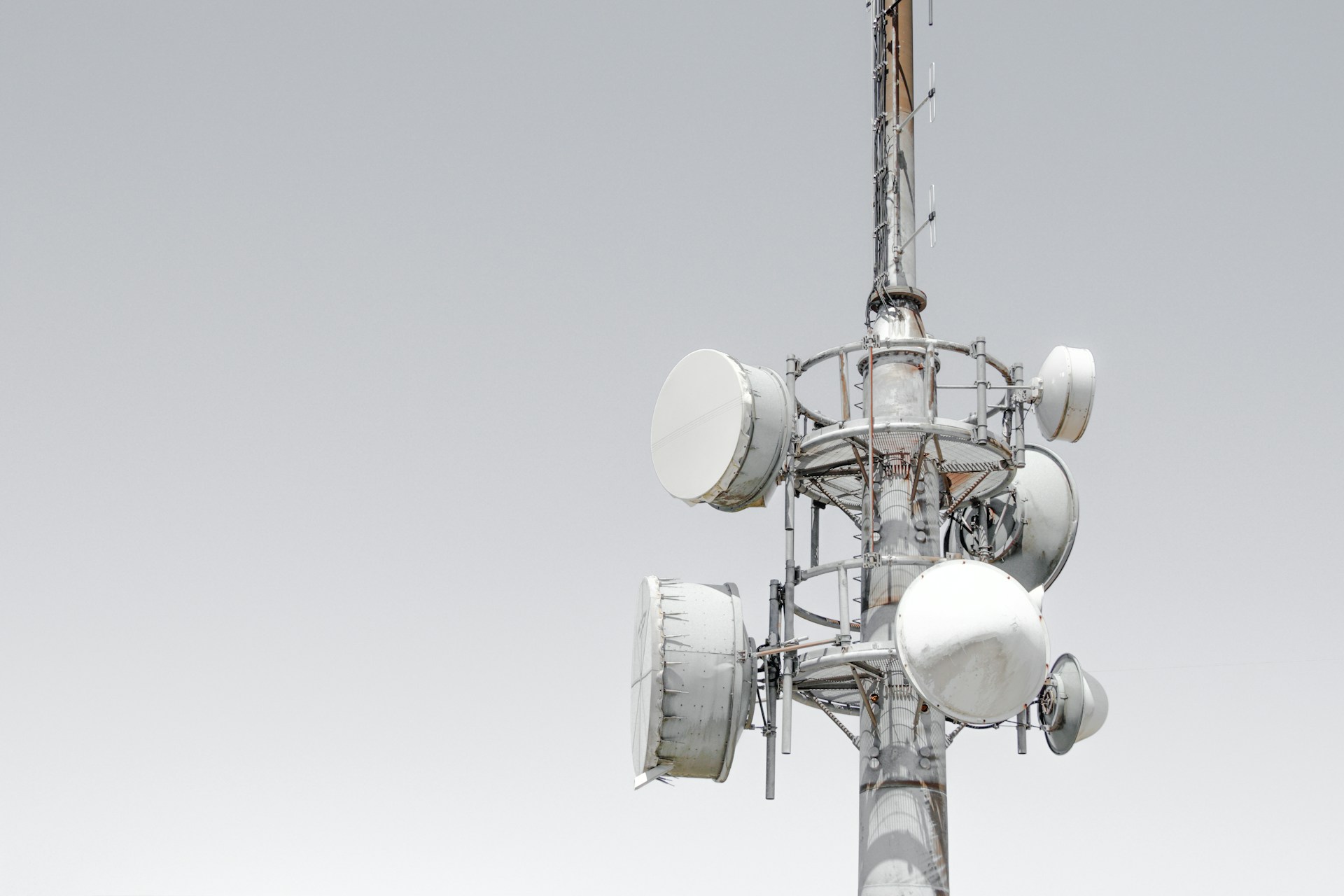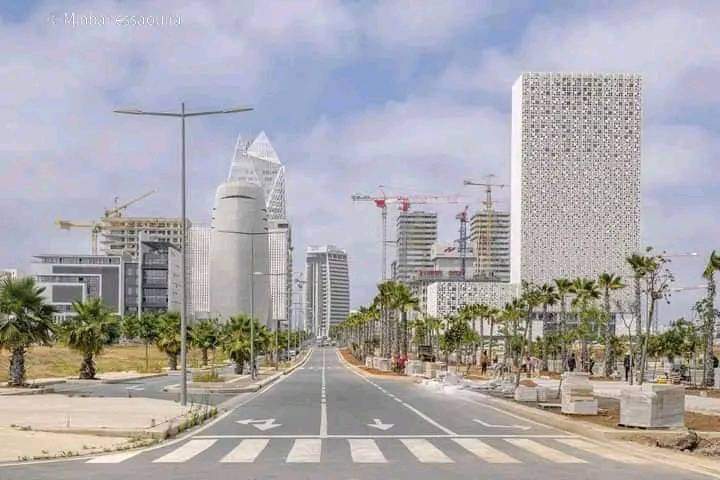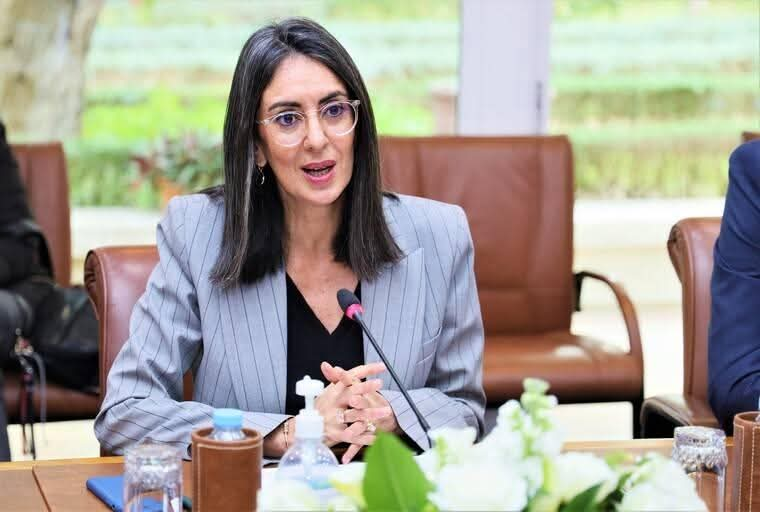Casablanca – In an ambitious bid to position itself as a regional energy hub connecting Africa and Europe, Morocco has announced a sweeping energy transition strategy that will require more than $40 billion in investments over the next five years. This plan focuses on expanding renewable energy, boosting energy efficiency, and reinforcing cross-border electricity infrastructure.
The announcement was made by Leila Benali, Minister of Energy Transition and Sustainable Development, during a series of high-level meetings on the sidelines of the 9th OPEC International Seminar held in Vienna earlier this month. The plan, aligned with Morocco’s national energy strategy and the royal vision for sustainable development, aims to strike a balance between energy security, climate action, and regional integration.
Dual focus: Renewable energy and regional interconnectivity
According to Minister Benali, Morocco intends to invest over $20 billion in renewable energy and energy efficiency, with an additional $20 billion earmarked for transcontinental electricity interconnection projects. These efforts are expected to triple investments in clean energy and quintuple investments in both electricity networks and traditional energy systems on an annual basis.
The strategic goals include raising the share of renewables in the national electricity mix from the current 45% to 52% by 2030, doubling the country’s electricity generation capacity from 12 GW to 27 GW, and building a platform for hydrogen and green ammonia production.
“This is not just an energy project,” Benali said in an interview with Bloomberg Asharq. “It is a development model that supports job creation, regional equity, and energy diplomacy.”
Nigeria–Morocco gas pipeline: A cornerstone project
A flagship component of Morocco’s energy transition is the long-envisioned Nigeria–Morocco gas pipeline, announced in 2016 during a state visit by King Mohammed VI to Nigeria. The pipeline will span approximately 5,660 kilometers, crossing 11 West African countries—including Benin, Togo, Ghana, Côte d’Ivoire, Liberia, Sierra Leone, Guinea, Guinea-Bissau, Gambia, Senegal, and Mauritania—before reaching Morocco and potentially connecting with the Euro-Maghreb gas network.
Estimated to cost more than $20 billion, the project is expected to be developed in phases to meet growing demand from the participating countries and Europe. Morocco has already begun work on the first section, which will connect the port of Nador to the city of Dakhla, requiring an initial investment of $6 billion.
Benali confirmed that several international infrastructure investment funds and non-sovereign institutions have shown interest in financing the pipeline, attracted by the stable returns exceeding 10% and the strategic importance of the project for regional energy security.
Building a green energy platform
In addition to fossil fuel-based infrastructure, Morocco is investing heavily in green hydrogen and ammonia production as part of its long-term energy strategy. The country has already pre-selected six industrial-scale projects worth $32.6 billion, with one million hectares of land allocated to green hydrogen development.
Each project can use up to 30,000 hectares, and will involve partnerships with international companies from countries such as Saudi Arabia, the UAE, the U.S., China, Spain, and Germany. These projects are expected to produce synthetic fuels, decarbonized steel, and green ammonia, contributing to global climate goals while supporting industrial growth.
An earlier study by the Green Investment Group (Gi2) estimated that Morocco could attract up to $300 billion in investment in green hydrogen and its derivatives, potentially supplying 4% of global demand thanks to its favorable natural conditions and developed port infrastructure.
Policy reforms and local development
Beyond investment, Morocco’s energy transition will rely on institutional reform, fiscal incentives, and regional empowerment. Minister Benali emphasized the importance of decentralization, public-private partnerships, and the modernization of public institutions to support the transformation.
She also highlighted that over the past 15 years, Morocco has gained substantial experience in financing and managing renewable energy projects, becoming a model in governance and innovative financing for developing nations.
Additionally, the country plans to mobilize $10 billion in investments dedicated to energy efficiency projects, which are expected to create tens of thousands of new jobs—particularly through the use of artificial intelligence and smart energy management systems.
Regional integration as a strategic priority
At the heart of Morocco’s energy vision is the goal of becoming a strategic platform for energy interconnection between Africa and Europe, offering a secure, sustainable energy supply to both continents. Benali described this regional integration as “a strategic axis for the future of energy” and called for stronger international cooperation to reduce risk and ensure sufficient financing from both public and private sectors.
The scale and complexity of Morocco’s energy transformation underscores the country’s determination to lead the African energy transition, while playing a growing role in Europe’s decarbonization pathway.
With over $40 billion in targeted investments, the roadmap outlined by Moroccan authorities represents one of the most ambitious energy transition strategies on the African continent—anchored in both economic pragmatism and climate responsibility.







